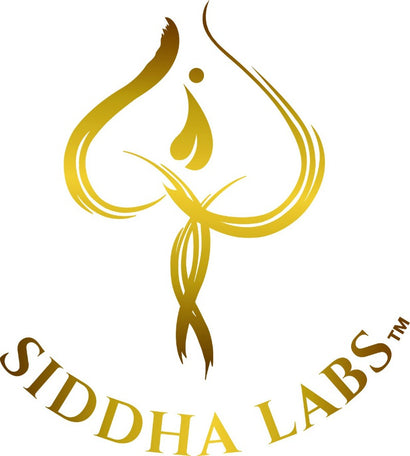The truth about multitasking and how it aggravates your doshas

The phone is ringing, you’re trying to read last night’s emergency email from your boss, and now your breakfast is burning on the stove because -damn it!- you forgot about it in the midst of all the chaos that is in your now.
Does this sound like a familiar scenario? I’m certainly guilty of this, and I know better! Western science says that multitasking is less than ideal for brain performance, and Ayurveda agrees. Not only does multitasking decrease performance, it can set you up for disorders of vāta dosha, which as you will learn if you didn’t know it already, are less than ideal.
So why is multitasking bad for you and how does it impact your doshas?
Let’s review vāta dosha for a moment. Composed of air and ether, vāta governs the principle of movement within the body. It is also the most easily disrupted of all the doshas and is the one we are most concerned with keeping in balance! In Ayurveda, it is said that there is no pain unless vāta is blocked, which gives you an idea of how important it is to have unimpeded flow!
Now think for a moment about how you feel when there is no traffic on the freeway and you are able to just cruise. This is what many of us enjoy about driving, right! Now reflect on how you feel in stop and go traffic. Irritated, tense, perhaps really regretting your choice of buying a stick shift? Bottom line, you are far more likely to be tense in the latter situation. Why? When you get right down to it, it’s because the stop and go doesn’t allow us to enter a state of flow or focus.
And it REALLY pisses vāta off.
This is the same kind of situation we create for ourselves when we multitask incessantly. Our minds and bodies are prevented from reaching any kind of state of flow and are instead essentially stuck in the stop and go that we ourselves have created! Think about it!
It’s like we are voluntarily creating situations of LA rush hour proportions within our organisms. VOLUNTARILY. Dang. We should probably stop doing that.
So what is this doing to vāta dosha and why do we care?
Classical Ayurveda teaches us that 80% of disease is caused by vāta, which is why we dedicate so much time to mitigating vāta through proper diet and lifestyle and why oil is so prevalent in Āyurveda (it has the opposite qualities of vāta thus is perfect for balancing it). Multitasking is actually blocking the flow of vāta because its stop and start action impedes unrestricted flow of thoughts, ideas, and even our bodies. This causes vāta to buildup in the body, which is what we want to avoid at all cost (80% of all disease!!). Vāta also naturally increases as we age, thus making it doubly important to be mindful lest we create unwanted diseases in the future.
This means creating flow is doubly important. Not only does focusing on one thing at a time improve our brain functioning via neuronal connections, it keeps vāta calm, pacified, and happy! Which we definitely want, to not only improve the quality of our focus now but to preserve the quality of our mental prowess as we age.
How can we avoid the multitasking rut?
Step 1) DO ONE THING AT A TIME! I can feel you cringing like my boyfriend’s family while watching Aquaman, but seriously, this is the most important thing you can do to help maintain balance in your focus and with vāta dosha. My favorite app to help me with this is called Forest in which you plant “trees” by committing blocks of time to one activity. Be it 15 or 50 minutes, keep working at it until you find yourself immersed in the task at hand instead of distractedly checking your phone every 10 minutes.
Step 2) Make a plan. Putting the tasks you need to get down on paper really helps you to stay on task and cultivates a special kind of shakti or energy when you tick things off your list. Take a few moments to organize and prioritize before rushing off into the madness of your life. You will be thankful you did.
Step 3) Dedicate time away from your electronics for a portion of each day. Mindlessly scrolling Facebook and Instagram can actually suck hours away from your day without you even realizing, creating a feeling of crunch time later because you wasted your precious free time without even knowing it! It also increases vāta, which we don’t want to do for reasons already discusses.
Step 4) Read a book for 30 minutes a day. Seriously! This helps train your brain to focus and can help you regain some of the attention span you may have lost over the years you’ve had your “smart” phone. If ever there was a misnomer… while many people prefer kindle, as someone who grew up in the library (my mom is a librarian) I’m a fan of paper books for many reasons, one of which is they don’t emit any electric signals or radiation. Be that as it may, choose whatever medium you prefer, and get that attention span to work!
Thank you for reading! Please free to contact Sarah with questions or concerns via email- sarah@siddhalabs.com. May your vāta remain calm and your attention span long. Om.
Leave a comment
Comments will be approved before showing up.
Also in Unlock radiant wellbeing with the Āyurvedic perspective on food, self-care, and more!



